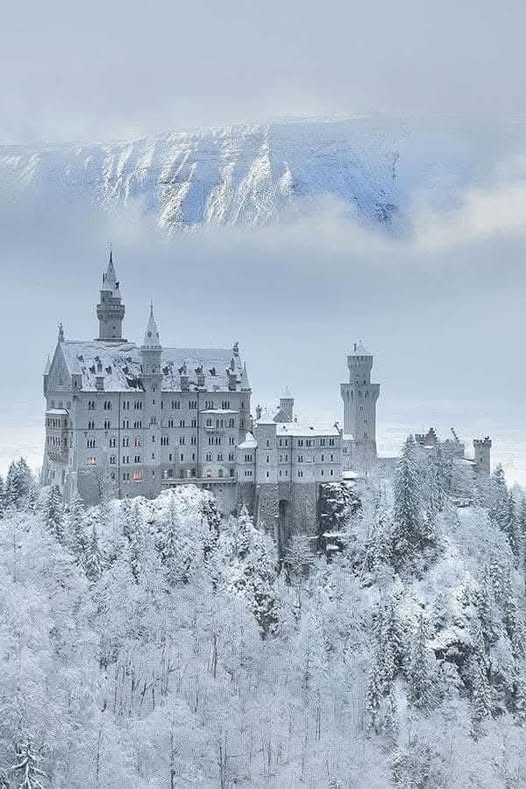Binsey Poplars
Gerard Manley Hopkins
The poplars were felled in 1879. My Latin..
Binsey Poplars
My aspens dear, whose airy cages quelled,
Quelled or quenched in leaves the leaping sun,
All felled, felled, are all felled;
Of a fresh and following folded rank
Not spared, not one
That dandled a sandalled
Shadow that swam or sank
On meadow & river & wind-wandering weed-winding bank.
O if we but knew what we do
When we delve or hew —
Hack and rack the growing green!
Since country is so tender
To touch, her being só slender,
That, like this sleek and seeing ball
But a prick will make no eye at all,
Where we, even where we mean
To mend her we end her,
When we hew or delve:
After-comers cannot guess the beauty been.
Ten or twelve, only ten or twelve
Strokes of havoc unselve
The sweet especial scene,
Rural scene, a rural scene,
Sweet especial rural scene.
[Campaigning against a housing estate that would have scarred
the view of Highgate from Hampstead Heath, I wrote:
'Witan, the ancient council. Hurst, a wooded hill.
Not since the Binsey Poplars, those Hopkins-harrowing topplers,
Fell or were felled by the fiend of eld that wishes old England ill,
And the trains stopped stopping at Adlestrop, and at Grantchester time stood still,
Has anything worse been heard in verse, including, if you will,
The nefarious, unhilarious, Dissolution of Halnaker Mill.' ...]
Binsey Poplars
o quantum amatae vos mihi populi!
Titana textis frondibus obrui
~~vidi refrenarique in auris;
~~~~praecipites cecidistis omnes,
haud una sospes caede trucissima.
intactus ordo duplicis agminis
~~occisus, umbrosis puellas
~~~~vel pueros recreare alutis
gnarus, per agros, flumina, flamina,
ventos vagantes, litora, harundines
~~per prata procurvas, per undas
~~~~nantibus his, aliis caducis.
o stirps molesti nescia criminis,
prompta ad fodendum, scindere promptior!
~~~torquemus increscens, virescens
~~~~ dilaniamus, in omne damnum.
rus tenue tactu, rus tenerum ambitu!
levis videndi fixus acu globus:
~~ instanter, heu! non est ocellus.
~~~~sic etiam reparare nisi
pala et securi, deruimus modo
saltus amoenos : nesciet advena
~~quantum venustatis fuisset:
~~~~undecimus decimusve tantum
stragi sat ictus: conficit eripit
prospectum agrestem, gaudia rustica
~~dejecta: prospectum placentem
~~~~destruit egregium, placentem.
Classical Verse Challenge for April 2024.
Translation: Copyright © Timothy Adès
